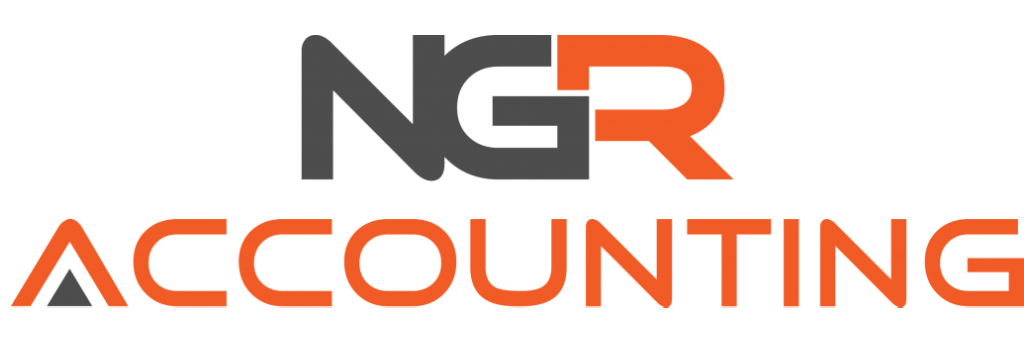Business Owner Responsibilities
This week Nathan sat down with Liam Bailey ‘partner of O’Brian Palmer Business Advisory’ to talk about everything you need to know about the responsibilities of being your own business owner. In the business world, often business ventures, and new start up business tend to fail or not succeed to their fullest potential. Being a business owner is not an easy role and not cut out for everyone. This article informs you on everything you need to know about being a business owner, and when to understand or accept the direction your business is heading.
What is a liquidator?
Being a business owner is not an easy role and not cut out for everyone
Being a liquidator isn’t the most glamorous job in the financial world, as a liquidator they are essentially required to clean up when business fail or help businesses turn around and rehabilitate. A liquidator will often be appointed when a company or business is too far gone from saving, they have the responsibilities for collecting in all the assets under such circumstances of the company and settling all claims against the company before putting the company into dissolution.
Sometimes a business can be saved, and a liquidator can help turn your business around and as much rehabilitating your business when it gets tough sounds like the best alternative, sometimes it’s just not possible. Not all businesses can be saved.
Why do some Businesses Fail?
Often a lot of business fail for reasons that are beyond the directors or owner’s control. Many business this year have been faulted to external forces such as COVID, no business owner could have prepared for an international pandemic.
One of the biggest mistakes a business owner can make inevitability creating their downfall is their inability or embarrassment to reach out for help. The issue with lack of objectivity about their business, is what Liam mentioned he mostly finds when he is closing down a business.
Many business owners have put their blood sweat and tears into their business and is intimately tied up to their personal and family livelihood. Owners, often forget that sometimes we have to separate their personal and work life when running a business to understand and see when external help is needed.
It’s understandable that accepting that your business is no longer working can be a difficult thing to come by but its important that you do acknowledge the issues.
Going Into Business Unprepared:
There are many people who have taken a break from their current careers and decided to go onto the market with their own businesses by utilising their superannuation and buying into business. Many people make this move without any correct advice, incorrect geographic location, undercapitalised and come out the other end having lost all their superannuation with a business that is no longer salvable because the business wasn’t set up properly.
Setting up a business without planning is preparing for failure. Many people set up businesses that aren’t ideal and work hadn’t been done in advance to ensure that it was actually a worthwhile investment meaning the end up failing in their venture.
It’s important to do research beforehand, it’s also imperative that you at least speak to an accountant before starting your own business. Make sure you are also speaking to a lawyer about contracts, do everything possible to ensure that this investment is going to work.
What does it mean to be a Business Owner?
Before you go into business you need to be fully aware of what you are actually getting yourself into. It’s important to understand that when you have a company, and you have many different legal responsibilities. A common feature in the failing of small businesses is that have effectively used the company’s bank account and revenue as their own personal ‘flush card’.
It’s really important to recognise that your company is separate to your personal life and should always have its own separate bank account. The business bank account should be paying business expenses only, including a set wage.
Working out a set salary of what you are worth and be able to pay that on a fortnightly basis is a good indicator on whether you are correctly spending your income on expenses and other work-related needs. Paying your own personal salary will help you separate personal vs business expenses, meaning only things that relate to the business are paid for and not jeopardising cash in the business account.
If you are currently struggling in business, and have accepted that help is needed please reach out, to us here at NGR for a no judgment and confidential discussion.
“Liam Bailey is a Partner of O’Brien Palmer Business Advisory. He uses his qualifications in Law, as a Registered Liquidator and Trustee in Bankruptcy and his experience in business to turnaround businesses suffering from stress or economic downturn. He has successfully revitalized businesses operating in industries such as Construction, Hospitality, Retail, Medical Services, Professional Services and Education. His biggest success to date was restructuring the business of Pie Face, but works primarily with small and medium sized businesses.”
Liam Bailey: Partner of O’Brien Palmer Business Advisory
SYDNEY
Level 9, 66 Clarence Street, Sydney NSW 2000 | GPO Box 3385, Sydney NSW 2001
Telephone +61 2 9232 3322 | Facsimile +61 2 9232 3388
BATHURST
103 Piper Street, Bathurst NSW 2795 | PO Box 2153, Bathurst NSW 2795
Telephone +61 2 6338 2650 | Facsimile +61 2 9232 3388
